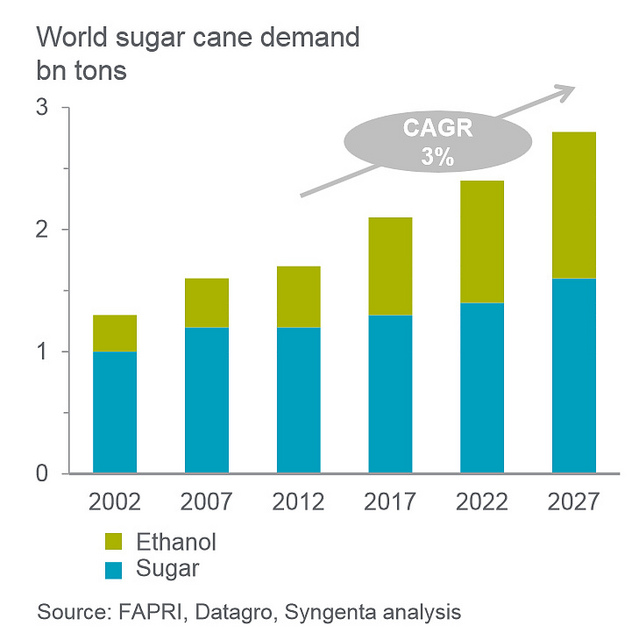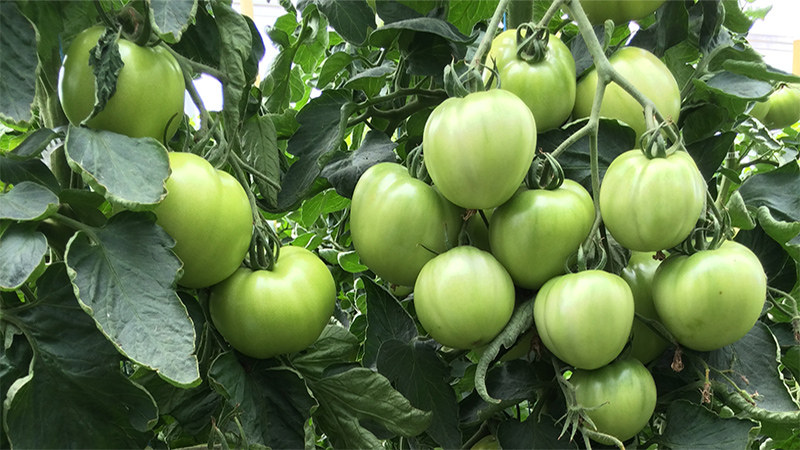Syngenta Deepens Investment in Sugar Cane

Continuing growth in global demand for sugar cane is driven by ethanol.
Image credit: Syngenta
Syngenta on Friday said it will launch two new products for sugar cane under the company’s Plene brand, as it deepens investment in the crop in Brazil.
The two products, Plene Evolve and Plene PB “will help growers increase yields and plant quality by providing healthy young plants with an assurance of genetic purity, vigor and traceability.”
In order to maintain productivity, sugar cane producers need to replant cane every five years. Currently most growers use large volumes of suboptimal planting material, Syngenta said, and the higher-quality products it is offering will help customers build high-performance nurseries to supply commercial fields.
Daniel Bachner, Syngenta’s global head of sugar cane, said: “The launch of the Plene platform has created greater awareness among sugar cane growers of the need to improve productivity through investment. By following our integrated protocols, growers are already achieving 10% to 20% increases in yield.”
Syngenta is targeting sales of $650 billion in 2015 and about $2.0 billion in 2020 for its sugar cane products – up sharply from $259 million in 2012, as the production shortfall in recent years due in part to the global credit crisis is projected to reverse course. It is committed to helping cane growers achieve 20% higher yields by 2020, even without using more land, water or inputs.
Plene Evolve is a young plant that can be mechanically transplanted and accelerates variety renewal through elite genetics. Plene PB is a pre-germinated seed cane designed to bring a step change in yield to customers with or without established nurseries. Syngenta said the product “represents a solution to planting gaps, which are an increasing problem in sugar cane fields: a 20% gap rate leads to a 6% loss of productivity.”






